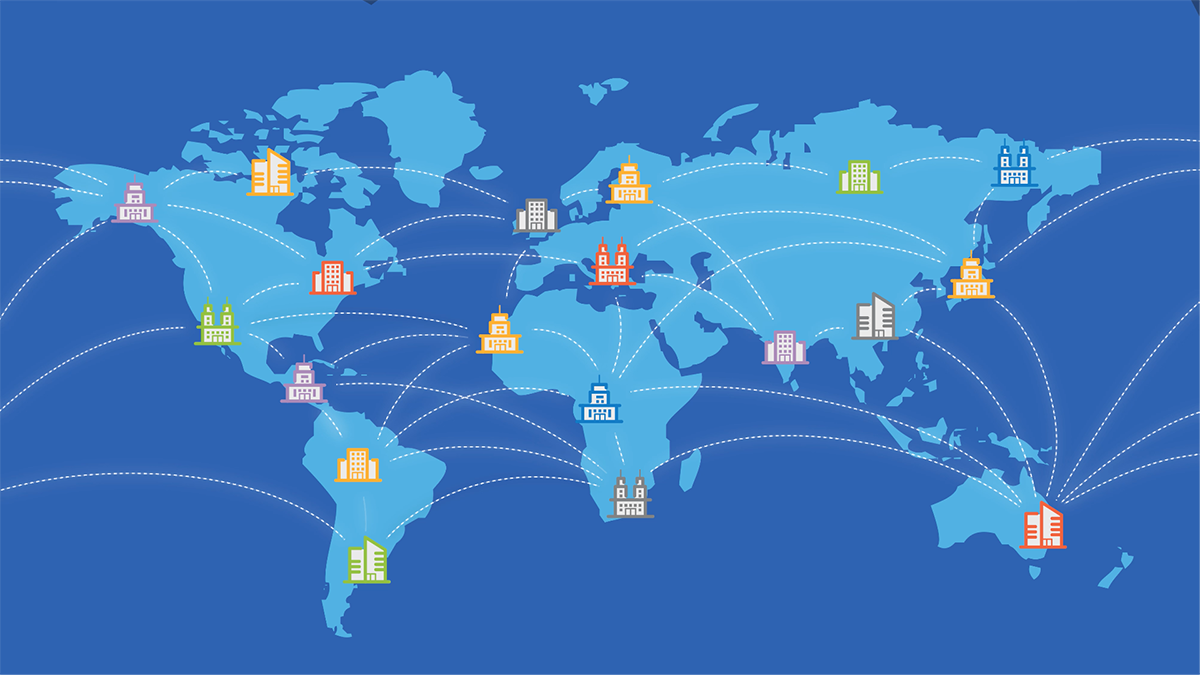NHGRI History of Genomics Program celebrates its 10th Anniversary
As you make your Fall plans — and if you happen to find yourself in the D.C. area — I would encourage you to visit the Genome: Unlocking Life’s Code exhibition at the Smithsonian’s National Museum of Natural History. As described in the December 2021 issue of The Genomics Landscape, the exhibition first opened at the Smithsonian in 2013 to commemorate the 60th anniversary of the discovery of the double-helical structure of DNA and the 10th anniversary of the completion of the Human Genome Project. After traveling to 12 states and Canada, the exhibition is now back at the Smithsonian until it officially closes, which is currently scheduled for the end of November.
Meanwhile, the 97th meeting of the National Advisory Council for Human Genome Research will take place on September 19-20. The open session of the meeting will be videocast live on Monday, September 19. Please join us via GenomeTV starting at 11:30 a.m. ET to hear updates about NHGRI and genomics research. The first hour of the open session, which will feature my Director’s Report, will also be livestreamed on my Twitter account at @NHGRI_Director.
In other NIH news, President Biden has recently nominated Dana-Farber Cancer Institute Surgeon Monica Bertagnolli, M.D., to be the new director of the National Cancer Institute (NCI). Once appointed, she will be the first woman director of NCI since the institute’s inception in 1937.
All the best,
![]()
In This Issue
- NHGRI History of Genomics Program celebrates its 10th Anniversary
- NHGRI launches new Genomic Innovator Seminar Series
- NHGRI symposium on historical and present-day constructions of genomics and disability
- Genetics/Genomics Competency Center is refreshed and renamed to GenomeEd
- 2022 NHGRI Short Course in Genomics provides a learning opportunity for science educators
Genomic Data Sharing Spotlight
The Global Alliance for Genomics and Health (GA4GH) is a standards-setting organization for genomics data sharing, similar in principle to the World Wide Web Consortium that helped build the foundations of the internet. GA4GH strives to enable international data sharing by cultivating standards that will make it easier for researchers around the world to find, access, combine, and securely analyze genomic and health-related data. By adhering to similar policy frameworks and technical standards, GA4GH hopes to help researchers reach across time zones and national barriers to drive discoveries in human genomics. GA4GH standards are designed to work in tandem to enable data sharing and analysis from start to finish. The organization welcomes engagement and is developing tools and starter kits that will make adopting the standards easier for newcomers or those with less technical expertise.
GA4GH is fueled by volunteers who are actively improving the genomic data sharing ecosystem. Whether you’re interested in learning about existing GA4GH standards, helping to develop or improve a technical standard, or testing out a standard where you work, we encourage you to reach out to info@ga4gh.org. Did you know that GA4GH contributors hail from more than 60 countries around the world?
To learn more about the mission of GA4GH, check out this short video.

Image by GA4GH
About The Genomics Landscape
A monthly update from the NHGRI Director on activities and accomplishments from the institute and the field of genomics.
Last updated: September 1, 2022





